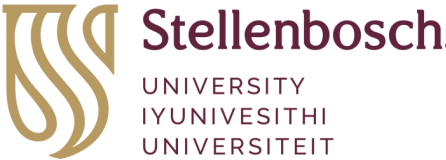What is the name of the degree awarded?
“Masters in engineering”, that is awarded from the Civil Engineering department. The existing structured masters, MEng(S), degree has been expanded to include fire engineering modules and be available to engineers from various backgrounds.
When will the academic programme commence in 2024?
The formal academic programme will commence early in February 2024 in conjunction with the undergraduate academic year.
What format are modules offered in?
Modules are offered in hybrid mode. This means that they can be attended either face-to-face or online for the synchronous sessions (i.e. live presentations). In addition there are asynchronous sessions where content is provided as recorded videos. Additional reading, tutorials and assignments need to be completed, and this can be done remotely. Fire engineering modules will typically be presented in blocks of 2-3 days at a time for a course.
How many times will I need to come to Stellenbosch?
You will need to come to Stellenbosch University a minimum of one time for the Techniques in Fire Engineering course. You may choose to attend lectures online or live. All fire engineering modules have been designed to be accessible for online access, including the completion of exams and assignments. Elective modules are offered by the Faculty of Engineering and typically available in hybrid mode for distance learning, but this should be confirmed prior to selecting your elective modules.
Can I take more than three electives?
Unfortunately, it is not possible.
Is the degree accredited?
All engineering degrees of Stellenbosch University are accredited by the South African Qualifications Authority (SAQA). The Engineering Council of South Africa only accredits undergraduate degrees, and not postgraduate degrees. Our postgraduate degrees are accepted around the world by all the major universities and companies.
Can I register as a professional fire engineer based on the MEng(S) degree?
The degree programme has been developed to provide the necessary skills to practice as a fire engineer. However, professional registration in each country will depend on local requirements. The degree content is likely to significantly contribute as evidence of your technical ability and knowledge. However, to register as a professional engineer in most countries you will also need industry experience and to work under a mentor.
Do insurers accept the degree?
Insurance organisations are not regulatory entities so their acceptance of formal training will range from company to company. However, formal qualifications from a recognised university is likely to significantly assist in demonstrating competency.


